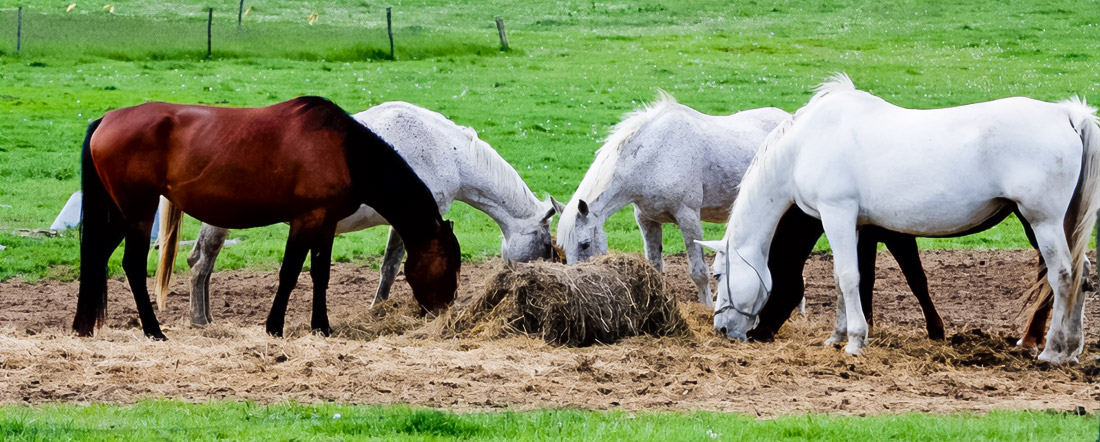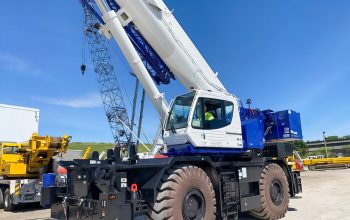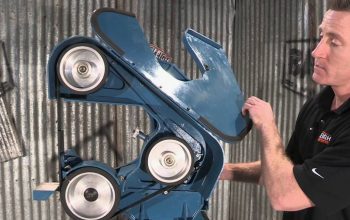With age, organisms of horses, like people, undergo important changes. These changes concern not only appearance but also internal processes, such as digestion. As horses age, they decrease their ability to effectively digest and absorb nutrients, which is associated with a decrease in the production of gastric juice and enzymes. Slowing peristalsis of the intestine is also a frequent age change. Additionally, it worsens the condition of teeth, which interferes with adequately chewing food. For such horses, recommended senior horse feed that takes into account their specific needs.
Deep Understanding Age Changes and Impact on Digestive System
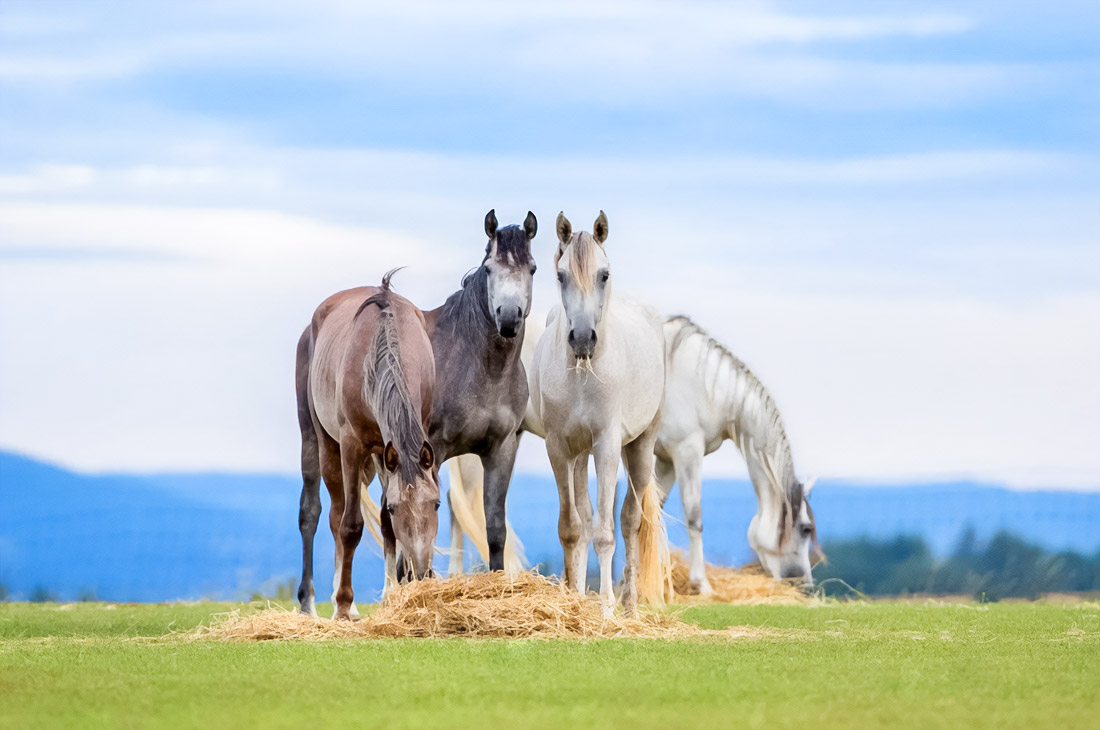
With age, organisms of horses, like people, undergo important changes. These changes concern not only appearance but also internal processes, such as digestion. As horses age, they decrease their ability to effectively digest and absorb nutrients, which is associated with a decrease in the production of gastric juice and enzymes. Slowing peristalsis of the intestine is also a frequent age change. Additionally, it worsens the condition of teeth, which interferes with adequately chewing food.
Statistics of Aging Horses
- On average, horses begin to demonstrate signs of aging after 20 years.
- Up to 70% of elderly horses face problems with digestion.
- Problems with teeth are found in 80% of horses older than 25 years.
Recognize Symptoms and Signs of Digestive Problems
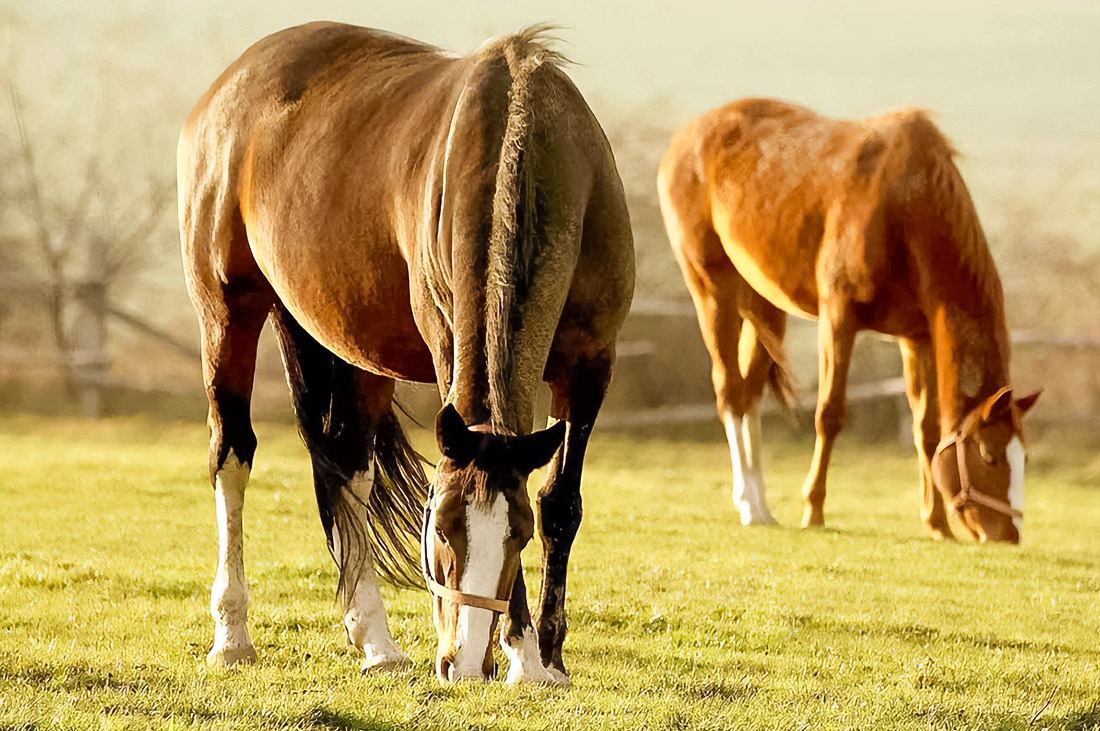
A key aspect of helping elderly horses — is this timely recognition of problems. Signs can vary, but main symptoms include:
- Loss of weight or difficulties in its gain — a condition requiring immediate correction of diet.
- Frequent colics or pain in abdomen can indicate serious disorders.
- Changes in appetite — increase or decrease should not remain without attention.
- Poor quality of coat and skin serves as indicator of deficiency of nutrients.
- Unstable stool — diarrhea or constipation indicates a possible need for correction of nutrition.
Causing Factors of Sensitive Digestive System
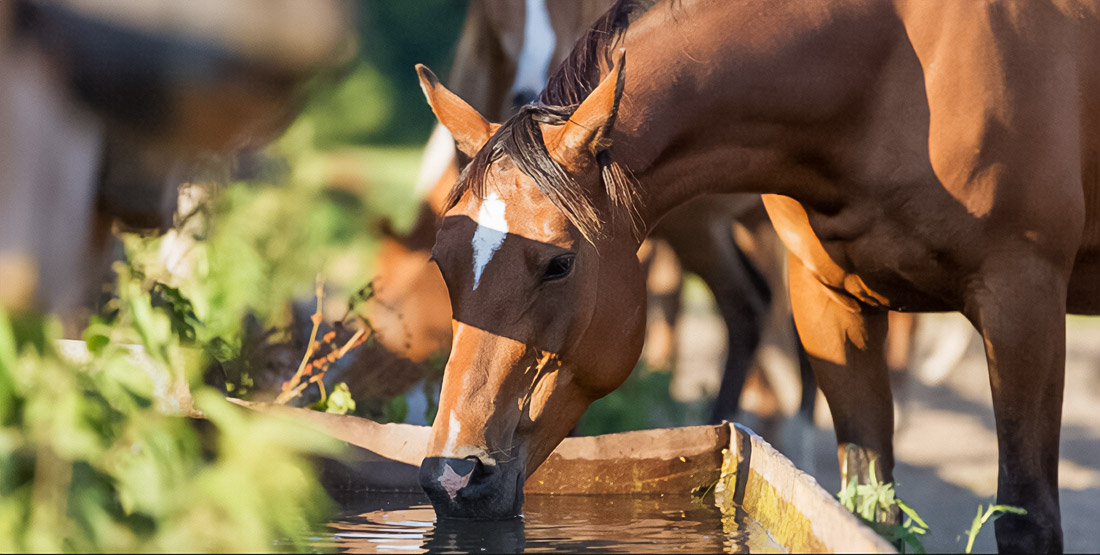
Many factors can lead to sensitivity of the digestive system in elderly horses:
- Genetic predispositions: Some horses are more susceptible to diseases of the digestive tract due to genetic features.
- Problems in nutrition: Unbalanced diet, dirty hay, and lack of fiber can be the cause of problems.
- Environmental stresses: Sharp climatic changes or stresses in the conditions of housing can cause problems.
Follow Dietary Recommendations for Improving Digestion
Proper diet is the basis of the health of elderly horses. The main recommendations include:
- High-quality fiber: At the basis of the diet should be hay of alfalfa or timothy for the health of the intestine.
- Special feeds: Enriched feeds for elderly horses with prebiotics and probiotics.
- Nutrient supplements: Omega-3, vitamins and minerals will support general condition of health.
- Frequent feeding: Fractional feeding reduces load on digestive system of horses.
Medical Approaches to Improving Digestion
A set of medical strategies helps maintain or improve digestion:
- Enzymes and probiotics: Promote improvement of digestion and balance of microflora of intestine.
- Medications: Used preparations for reducing acidity and improving peristalsis.
- Use of natural remedies: Herbs, such as chamomile or mint, will help reduce inflammation.
Prevention as Best Strategy
Preventive measures will help avoid many problems:
- Regular veterinary examinations: Recommended for timely detection of problems.
- Control over condition of teeth: Regular dental procedures.
- Stress management: Minimization of changes in habitual environment of horses.
Success Stories: Real Examples of Strategies
In my practice were golden examples of successful management of elderly horses. One of them — 20-year-old mare, suffering from chronic colics. After transition to specialized diet and addition of probiotics, condition of mare significantly improved. Constant component of planning was conducting regular examinations, that gave positive results.
Maintenance of elderly horses in perfect condition requires comprehensive approach and unconditional attention to every aspect of their health. Proper nutrition, regular medical care and prevention — that what is needed for achieving this. Consultations with experienced veterinarian will complement your efforts.

Cyclist, follower of Christ, ukulelist, Mad Men fan and Guest speaker. Operating at the fulcrum of aesthetics and elegance to craft meaningful ideas that endure. I work with Fortune 500 companies and startups.
